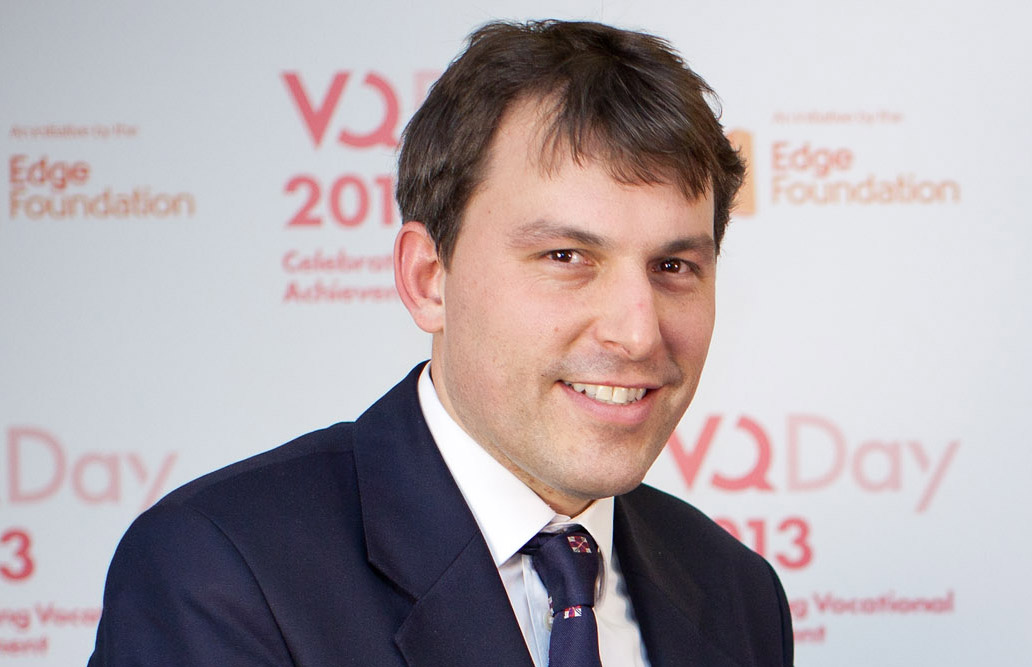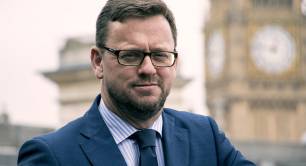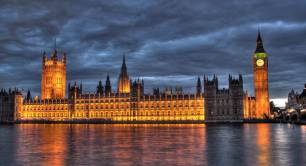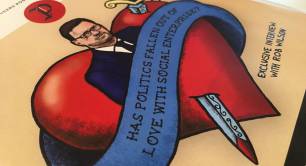Is he or isn't he the new Minister for Civil Society?
He has consistently voted against same sex marriage, and for restricting charity campaigning during elections. He's also been trustee of a youth charity and vice-chair of the All-Party Parliamentary Group on Hunger and Food Poverty. First reactions here to the (apparent) appointment of John Glen as the new civil society minister...
The UK's new Minister for Civil Society is expected to be Conservative MP John Glen. If confirmed, it will be his first ministerial appointment.
The Department for Culture of Media and Sport (DCMS), which is responsible for the Office for Civil Society, has announced Glen as Parliamentary Under Secretary of State. This is the lowest of three tiers of government minister.
Although his appointment as Minister for Civil Society has not been officially announced at this time, Pioneers Post has received reaction to his presumed appointment by two significant civil society bodies.
Sir Stuart Etherington, chief executive of NCVO said: “I’m looking forward to working with Mr Glen and hearing about his ideas for the role,” before listing suggestions of how government could help charities and volunteering organisations to deal with societal challenges.
These included: “Making it easier for people to volunteer, sorting out public service commissioning, and using dormant assets money to endow community foundations and help local people take control of the community facilities, green spaces and historic buildings that matter to them.”

Pictured above: John Glen MP (photo: The Edge Foundation)
CEO of Social Enterprise UK Peter Holbrook offered congratulations before alerting the new minister to the work ahead: “There is much to be done to further develop the mutuals strategy and ensure the upcoming review of the Social Value Act delivers the best results for the sector.”
Glen’s voting record may leave civil society less optimistic about his credentials for the job. According to the They Work for You website, he voted against to same sex marriage and voted against laws to promote equality and human rights.
He has also voted for reducing housing benefit for social housing tenants deemed to have excess bedrooms, voted against paying higher benefits over longer periods for those unable to work due to illness and disability, and voted against spending public money to create guaranteed jobs for young people who have spent a long time unemployed. And he opposed increasing the tax rate for those with income over £150,000, and almost always voted against a 'banker's bonus tax'.
On the environment his record is mixed. He was in favour of the reformation of the energy market to encourage reducing carbon dioxide emissions but against requiring a strategy for carbon capture and storage for the energy industry. He has also voted in favour of selling state owned forests.
Richard Hull, director of the Social Entrepreneurship masters degree at Goldsmiths University tweeted that Glen had "Consistently voted for greater restrictions on campaigning by third parties, such as charities, during elections", saying he was “No friend of the third sector”.
Who is John Glen?
The son of a small businessman and a hairdresser, Glen was born in Bath in 1974 and was brought up into a small family horticultural business in rural Wiltshire. He attended King Edward’s School, Bath, where he was head boy, and read modern history at Oxford University.
He says on his website that he was "the first in my family to go to university. I firmly believe that everyone should have the opportunity to achieve their potential, regardless of their start in life".
Glen has won two successive terms as the member of parliament for Salisbury and South Wiltshire, increasing his majority in the last election: he took 58% of the vote in the constituency.
He was a magistrate in Westminster, worked as a mentor to students at City University, and was a governor of an inner city comprehensive school. His most convincing civil society credentials appear to be his former trusteeship of a national youth charity and the role of vice-chair of the All-Party Parliamentary Group on Hunger and Food Poverty.
The group established the Feeding Britain charity, which seeks to have a hunger free United Kingdom by 2020.
The charity has published several reports, the most recent of which encouraged food banks to host welfare officers, pledged support to organisations tackling food waste and “social supermarkets” – shops where those in receipt of benefits could buy heavily discounted surplus food.
Glen has worked for the management consultancy firm Accenture, where he managed the firm's relationship with the World Economic Forum in Davos.
His political career includes an eight-month stint working for William Hague, a role as parliamentary private secretary to business secretary Sajid Javid and, since Theresa May took over in 2016, has worked as parliamentary private secretary for chancellor Philip Hammond.
Photo credit: Carlos Delgado



